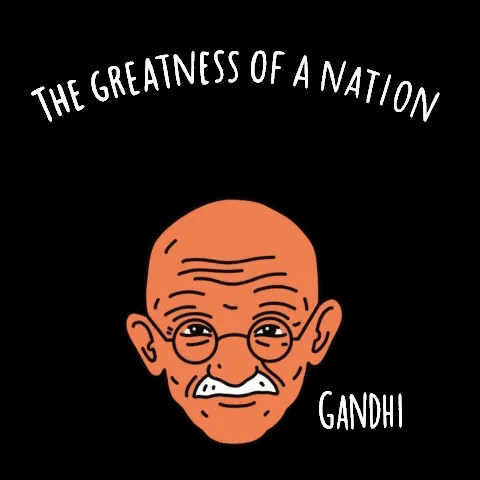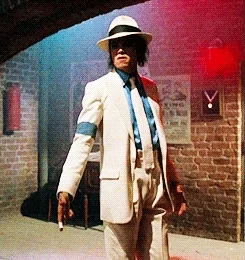
This logo isn't an ad or affiliate link. It's an organization that shares in our mission, and empowered the authors to share their insights in Byte form.
Rumie vets Bytes for compliance with our
Standards.
The organization is responsible for the completeness and reliability of the content.
Learn more
about how Rumie works with partners.
Do your recognize these two people? Do you have an opinion about them?
You'd probably identify these as Adolf Hitler, dictator and murderer of more than 6 million Jews during World War II and Taylor Swift, pop and country music superstar of the present.
Both are well known but only one of them can be called "famous" and one of them "infamous."
Exploring "Fame"
Fame is defined by dictionary.com as the state of being widely known or recognized.
The adjective form of fame is "famous" (pronounced "FAY muhs").
By this definition, it might seem both Swift and Hitler could be called famous. They are both widely known and recognized.
 However, fame has nuance (deeper non-dictionary meaning) that suggests that the person (or thing) must be something positive or good and recognized for their contributions to society or achievements.
However, fame has nuance (deeper non-dictionary meaning) that suggests that the person (or thing) must be something positive or good and recognized for their contributions to society or achievements.
So when you think of famous, you can think of people like your favorite musicians, artists, TV or movie personalities. You can think of people who did good things for the world like Thomas Edison, Benjamin Franklin, Ghandi, or Nelson Mandela.


Famous people do great things. On the other hand...
Unpacking "Infamy"
Infamy (pronounced "IN fuh mee") is kind of the opposite of fame. The adjective form is "infamous".
People who are infamous are widely known and recognized too — but for different reasons that are almost always bad. The word "notorious" often comes up when describing their bad deeds or the reasons they are widely known.
Aside from Adolf HItler, who is arguably the most infamous person in history, here are a couple of others:
These people are clear examples of "infamous." While they are widely known and recognized historically, we recognize them not so much by their face as by their terrible deeds.
Can you think of people in your own memory or culture who are well-known to have done terrible things?
Between Fame and Infamy: Grey Areas
Sometimes the distinction between famous and infamous is not so clear...
Who is this?
 Unless you've been living under a rock for the last 50 or 60 years, you know this is Michael Jackson.
Unless you've been living under a rock for the last 50 or 60 years, you know this is Michael Jackson.
But is he famous? OR is he infamous? Could he be both?
Over his lifetime, MJ created some of Pop Music's most recognizable tunes. Not only was he a pop superstar, he was also a notable philanthropist, donating millions of dollars to various causes around the world.

But he was also controversial over alleged sexual abuse, and this tarnished the memory of the good things he did — making him both famous AND infamous.
Quiz: Famous or Infamous?
Look at these pictures and descriptions A, B, C, and D. Select the ones that could be called infamous based on the descriptions.
Quiz
Which of the above people could be called "infamous" based on the description above
Harvey Weinstein and Donald Trump could be called infamous based on their descriptions. Even though they might also be called famous because of their achievements, their notorious behavior and criminal activities would put them in the category of infamous. Elvis Presley died of a drug overdose and might be called somewhat infamous if you read about his life but not based on the description here. Beyonce is the Queen B — 'nuff said!
Take Action
Here are some things you can do to help you practice use of these new ideas:

This Byte has been authored by
Donald Glass
Corporate Trainer/ESL Instructor/Learning Designer
 Image courtesy of Wikimedia Commons
Image courtesy of Wikimedia Commons





